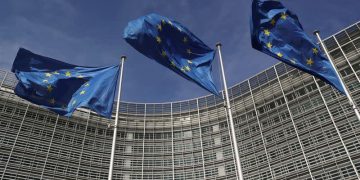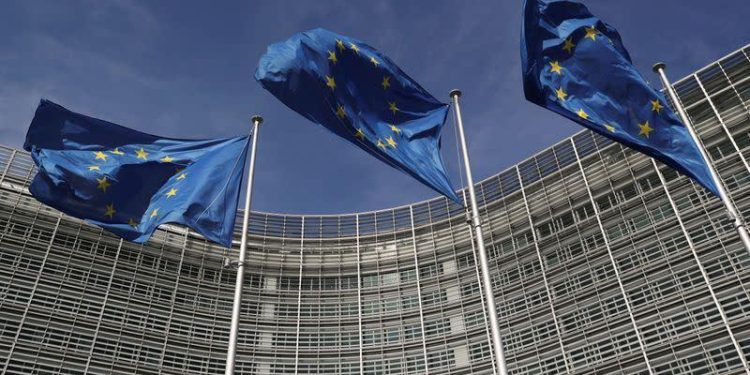By Oyintari Ben
According to the Czech EU Presidency and the European Council, EU negotiators have agreed to revamp the bloc’s carbon market, its primary instrument for combating global warming.
The agreement, according to the Czech Republic’s environment minister Marian Jurecka, “would allow us to accomplish climate objectives within the key sectors of the economy while ensuring that the most disadvantaged citizens and micro-enterprises are adequately supported in the climate transition.”
The ability of the EU to support international efforts to combat climate change and meet its goal of reducing net greenhouse gas emissions by 55% compared to 1990 levels by 2030 was at risk.
In order to achieve that aim, the EU carbon market must be changed to reduce emissions more quickly. Currently, almost 10,000 enterprises and power plants are required to purchase CO2 permits when they pollute.
The speed at which the EU’s free CO2 permits, which shield businesses from foreign competition, would terminate has been a point of contention during negotiations. These permits will expire when the EU gradually implements a carbon border tariff meant to protect domestic businesses from being undercut by foreign rivals.
The European Council, which brings together the member states of the EU, announced that after 30 hours of discussions that began on Friday, negotiators had reached an agreement to increase the total objective to decrease emissions in the sectors covered by the European Emissions Trading System to 62% by 2030.
The statement continued that the parties to the negotiations also agreed to increase the annual reduction rate of the cap by 4.3% per year from 2024 to 2027 and by 4.4% from 2028 to 2030, as well as to rebase “the overall emissions ceiling over two years of 90 and 27 million allowances, respectively.”
According to the statement, a Social Climate Fund will be created to help vulnerable households, micro businesses, and transport users deal with the economic consequences of an emissions trading system for buildings, road transportation, and fuels for more sectors.
The European Council and the European Parliament still need to formally approve the interim agreement.




































